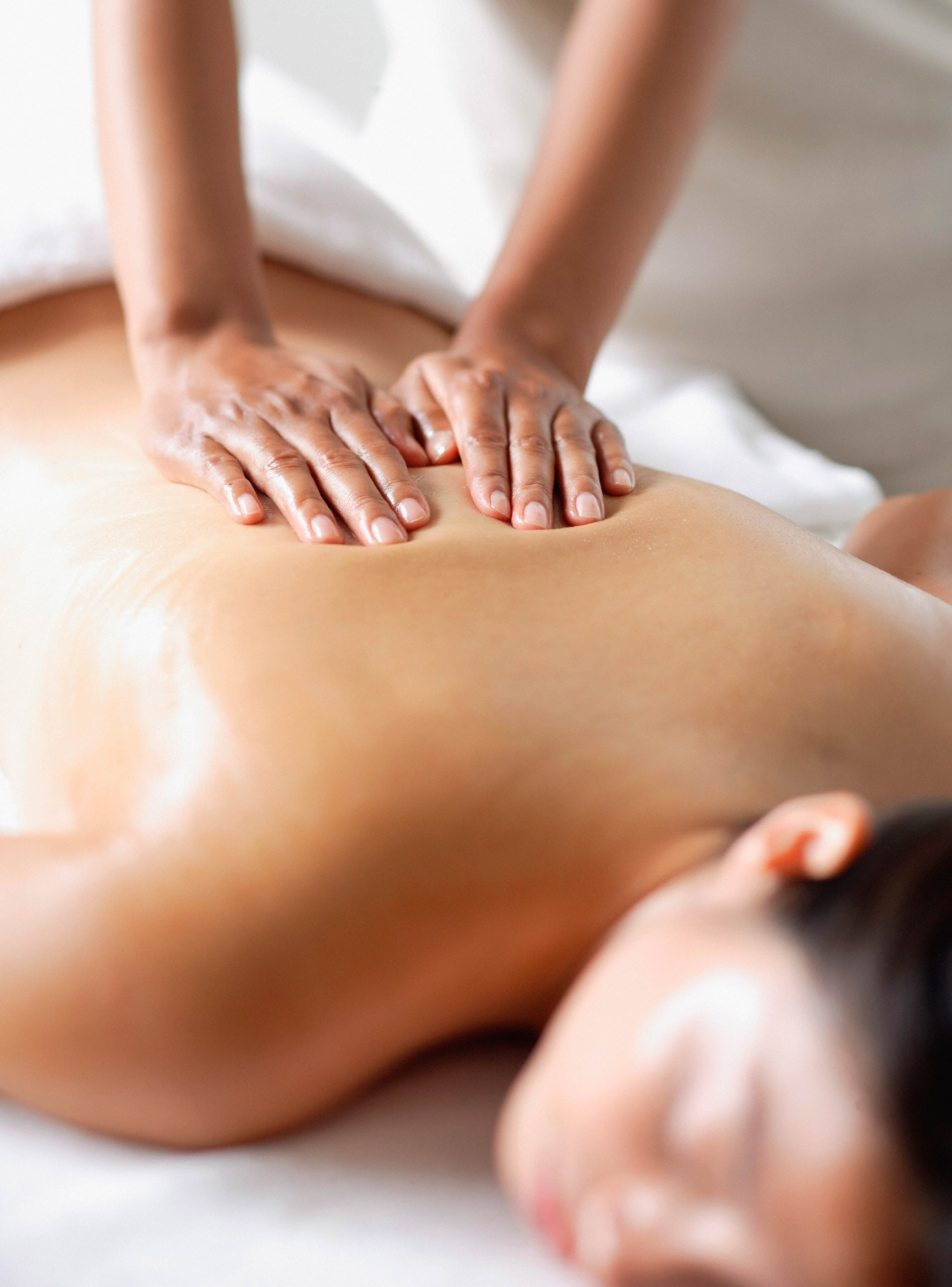Massage therapy has long been recognized as a beneficial practice for physical relaxation, but its role in treating depression and anxiety is gaining increasing attention from researchers, clinicians, and mental health professionals. This blog post explores how massage therapy can be integrated into treatment plans for those struggling with these common mental health conditions, highlighting clinical studies and expert opinions.
Understanding Depression and Anxiety
Depression and anxiety are pervasive mental health disorders that affect millions of people worldwide. Depression is characterized by persistent feelings of sadness, loss of interest in activities, and a range of physical and emotional symptoms. Anxiety involves excessive worry, nervousness, and fear, often leading to physical symptoms like increased heart rate and muscle tension.
Traditional treatments for these conditions often include medication, psychotherapy, and lifestyle changes. However, complementary therapies like massage are gaining traction for their ability to provide relief from symptoms and improve overall well-being.

The Science Behind Massage Therapy
Massage therapy involves manipulating the body’s soft tissues to promote relaxation, reduce tension, and improve circulation. This physical touch can trigger the release of neurotransmitters and hormones that influence mood and stress levels. Specifically, massage can increase serotonin and dopamine, neurotransmitters associated with feelings of happiness and relaxation, while decreasing cortisol, a hormone linked to stress.
Clinical Studies on Massage and Mental Health
Several clinical studies have explored the impact of massage therapy on depression and anxiety. A meta-analysis published in the “International Journal of Neuroscience” found that massage therapy significantly reduced symptoms of anxiety and depression in a variety of populations, including children, adults, and the elderly. The study suggested that massage could be a valuable addition to traditional treatments for these conditions.
Another study, published in the “Journal of Clinical Psychiatry,” examined the effects of massage therapy on patients with generalized anxiety disorder. Participants who received regular massage therapy experienced significant reductions in anxiety symptoms compared to those who received a placebo treatment. The researchers concluded that massage could be an effective complementary treatment for anxiety disorders.
Integrating Massage into Treatment Plans
For individuals struggling with depression and anxiety, massage therapy can be integrated into a comprehensive treatment plan. It can be used alongside traditional therapies like cognitive-behavioral therapy (CBT) or medication, offering a holistic approach to mental health. Here are some ways massage therapy can be beneficial in this context:
- Stress Reduction: Massage helps reduce physical tension and promotes relaxation, which can lower stress levels and ease symptoms of anxiety.
- Mood Improvement: The release of serotonin and dopamine during massage sessions can improve mood and combat depressive symptoms.
- Physical Comfort: Depression and anxiety often cause physical discomfort and muscle tension. Massage can address these symptoms, providing relief and enhancing physical well-being.
- Sleep Improvement: Improved relaxation from massage therapy can lead to better sleep, which is crucial for mental health.

Expert Opinions on Massage for Mental Health
Many mental health professionals and massage therapists advocate for the inclusion of massage therapy in treatment plans for depression and anxiety. Dr. Tiffany Field, a leading researcher in the field of touch therapy, emphasizes the importance of physical touch in reducing stress and promoting emotional well-being. According to Dr. Field, massage therapy can be a powerful tool for addressing the physical symptoms of depression and anxiety, which in turn can positively impact emotional health.
While massage therapy is not a standalone treatment for depression and anxiety, it can play a valuable role in a comprehensive approach to mental health. Clinical studies and expert opinions suggest that massage can reduce stress, improve mood, and alleviate physical symptoms associated with these conditions. If you’re considering incorporating massage into your treatment plan, it’s essential to consult with healthcare professionals to ensure it complements other therapies and meets your unique needs.



